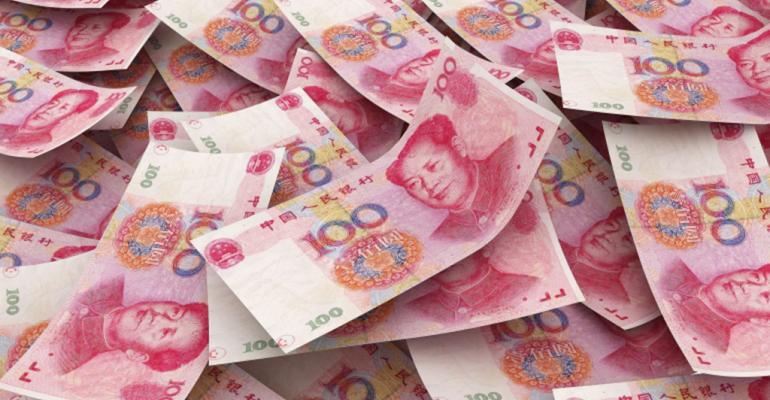As expected, Chinese investors have been pouring money into U.S. properties in recent weeks. The announcement of the latest transaction came on Friday, when Commercial Observer reported that the Bank of China invested $120 million in a $220 million refinancing of a warehouse facility at 1000 West Fulton Market in Chicago that will be converted to office use to house Google. According to Commercial Observer:
“Google signed a lease for 357,000 square feet at the 531,000-square-foot building for its new regional headquarters, according to the Sterling Bay representative. The Chicago-based investment firm Sandbox Industries and bike gear manufacturer SRAM International also have signed leases for office space at the property.”
A few days before that, Oceanwide Holdings Co. Ltd., a publicly-traded Chinese real estate firm, paid $296 million for a development site in San Francisco, according to Commercial Property Executive. The site is slated for 2-million-sq.-ft. mixed-use development combining office/commercial, hotel and residential space.
On Feb. 6, The Sunshine Insurance Group Co., a Chinese insurance company, agreed to pay more than $230 million, or more than $2 million per room, to Starwood Hotels & Resourts for the yet-unopened Baccarat Hotel in Midtown Manhattan. According to The Wall Street Journal:
“Real-estate brokers and analysts said Chinese companies see luxury hotels, especially in major global capitals, as long-term investments that can provide steady income in a period of low interest rates. Moreover, some say the properties confer prestige on their owners.”
Chances are we will see more Chinese buyers going after U.S. properties going forward. This article from Marketplace explains why:
“It will be close to a year before the Oosten is finished, but people are already buying apartments. Many of them, like Wenzhou Xie, are Chinese, living in China. Xie is a mining executive in Hong Kong.
Xie recently took time out from a business trip to ink the deal. He told me the idea of purchasing property that is literally on the other side of the globe may seem farfetched to Americans, but among high earning Chinese, foreign property is considered to be one part of a balanced portfolio.
‘So this is like a small piece of diversification for us, right?’ Xie said.”

